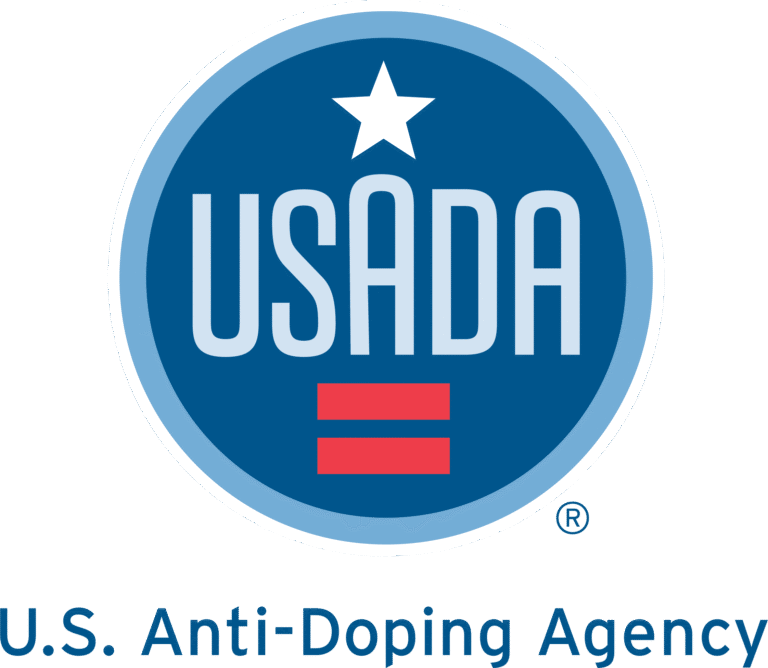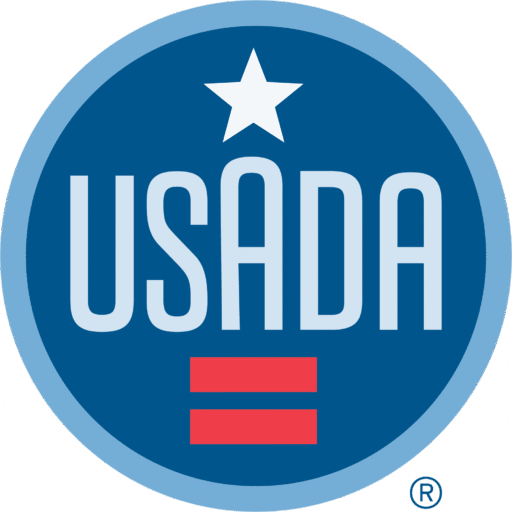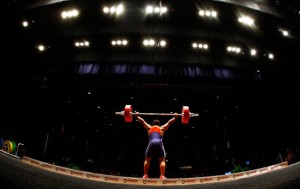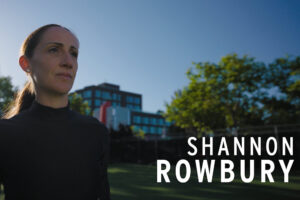
To get the vitamins I need to perform at my best, including vitamin D, I always prefer to rely on foods that have lots of nutrients and fill me up too. I could use supplements to get those vitamins, but it’s much easier and cheaper to just plan out balanced meals that ensure I’m getting a wide variety of nutrients in my diet.
When I think about supplements, they are just what the name implies – supplemental. In some cases, like diagnosed vitamin deficiencies, supplements can be useful, but they are no substitute for food. For example, I try to avoid using something like a protein shake as a meal replacement, which means trying to always have snacks with me!
THE SCIENCE: Athletes have increased energy needs, which allows for more opportunities to obtain the nutrients they need through a balanced diet composed of a variety of natural foods. Most sports nutrition professionals agree that supplementation will not necessarily improve performance.
There are plenty of ways to get vitamin D through food and here are some of my go-to options.
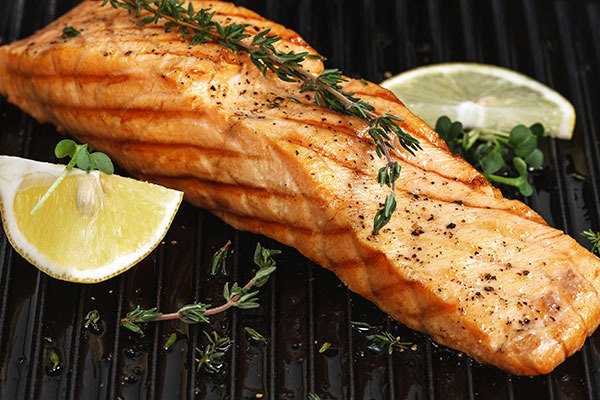 1. Salmon
1. Salmon
Fish is a tasty and easy-to-find option when eating out. I try to have fish about 2-3 times each week.
 2. Orange juice with vitamin D
2. Orange juice with vitamin D
Orange juice is an easy way to get in some vitamin D on the run, plus you can add it to a smoothie. I usually have orange juice with vitamin D about 4-5 times per week.
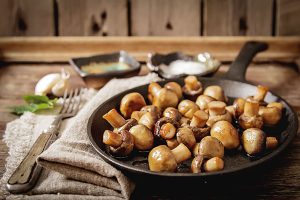 3. Mushrooms
3. Mushrooms
I love the taste of mushrooms, and they go with anything, so they are also easy to incorporate in various dishes.
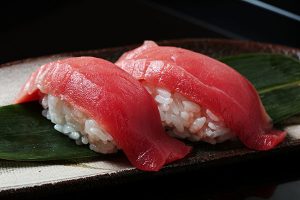 4. Tuna
4. Tuna
Tuna is in sushi!
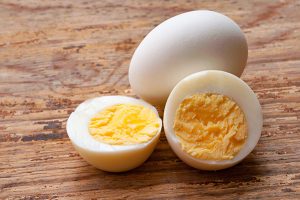 5. Egg yolks
5. Egg yolks
Eggs are super easy to make and are another good option when eating out.
While travel can sometimes impact my routine, my diet stays pretty much the same throughout the year. I do have a little trouble with vitamin D since I spend most of my days indoors and I’m often in cold northern climates where the sun is sometimes hard to come by. If I’m deficient despite a balanced diet, I’ll occasionally add a vitamin D supplement to help ‘top up’ until I’m where I should be again.
THE SCIENCE: See the table for more information about getting nutrients in food.
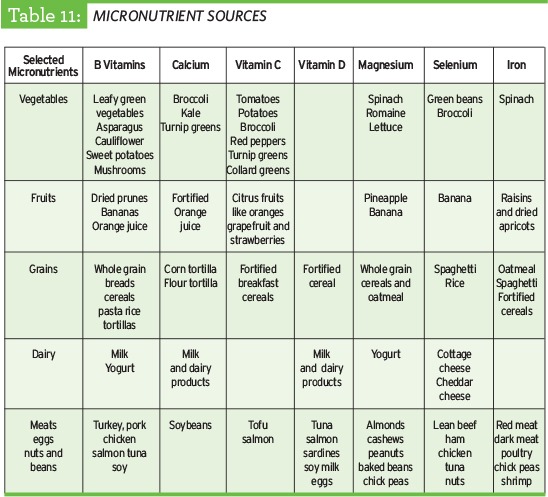
About Chuck Aoki
Inspired to play wheelchair rugby after seeing the documentary Murderball, Chuck Aoki started competing on the international level in 2009 and made it to his first Paralympic Games in 2012 in London, where he and his team won bronze. At the 2016 Paralympic Games in Rio, Aoki and the team took home silver. Over the years, Aoki has also seen success at numerous World Championships and he was named the U.S. Quad Rugby Association’s Athlete of the Year in 2011.
What is food-first nutrition?
Every athlete wants to reach their peak performance, which often means pushing harder and longer in training and in competition. In the quest to reach their maximum potential, many athletes know that good nutrition is critical, but they may also look to the latest supplements and trendy diet regimens to give them that extra boost.
Some athletes, on the other hand, have found that a food-first approach is all they need to achieve peak performance. While some athletes may need to supplement their dietary intake because of a medical condition, many athletes can properly fuel their bodies and meet all their bodies’ needs with the right food.
In the Food-First Nutrition series, Olympians, Paralympians, and elite athletes share how they maintain the strength and energy they need to compete at the highest levels of sport through a food first approach. For more information on the best foods for athletes, check out the TrueSport Nutrition Guide.
